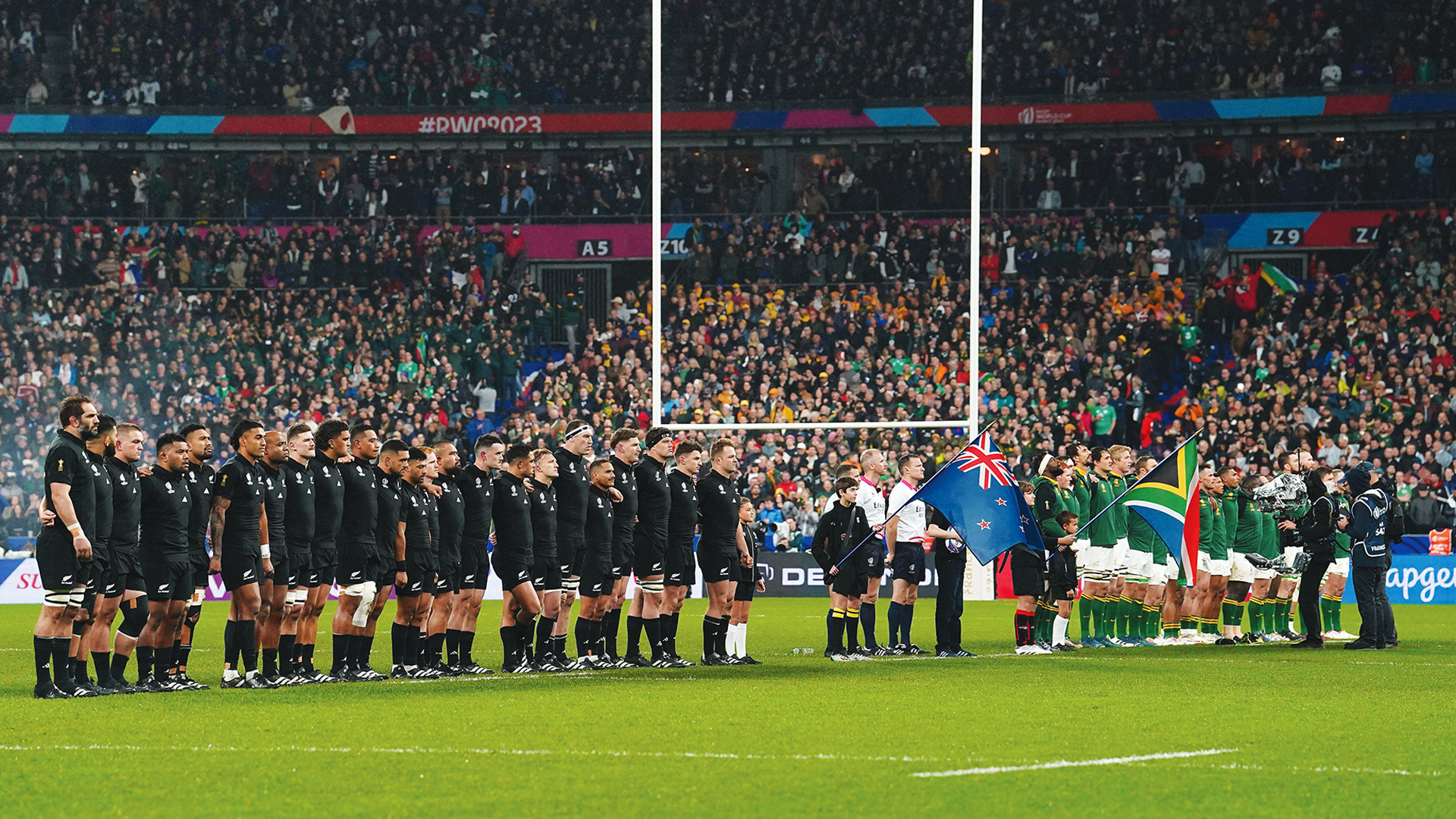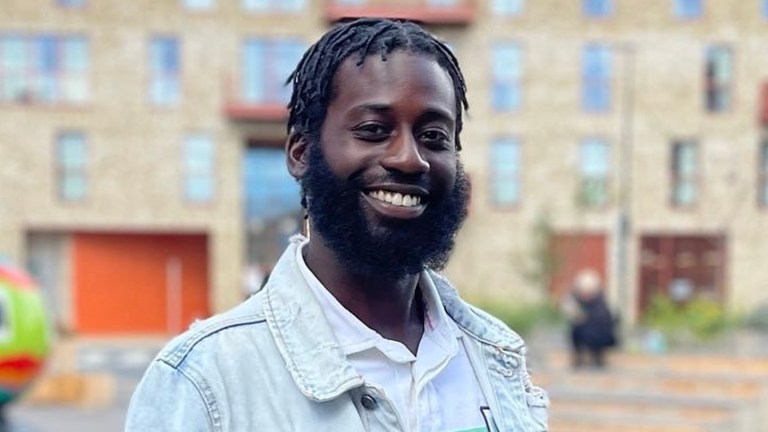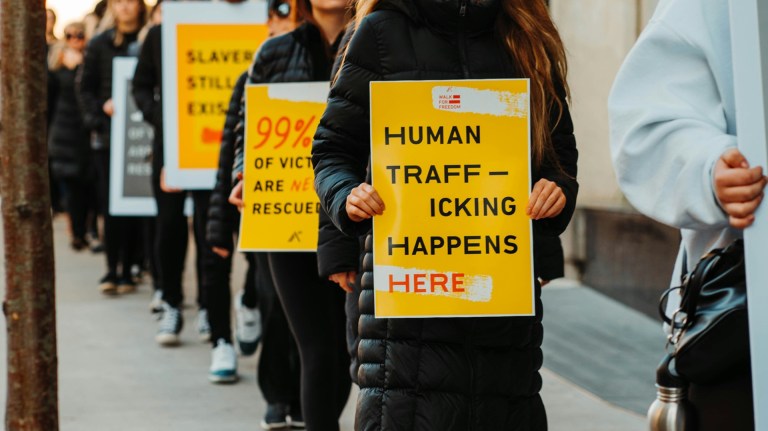Last weekend I watched the final of the Rugby World Cup. I know little or nothing about rugby but thanks to the referee’s constant but polite explanation of rules and infringements, heard over the playing of the game, I got some grasp of its great complexity. What a nice bloke he seemed to be in the middle of a heaving tangle of human effort.
South Africa clashed with New Zealand, the two dominant forces in world rugby, with South Africa managing a one-point victory. And boy, was it nail-bitingly intense!
The racial complexity of the teams was interesting, with black South Africans fighting for the title with their white counterparts, against a New Zealand that had people of Māori origin in the team. This is still astonishing to me, old enough to remember sport when it was all white, growing up in a white world where the skills and abilities of people of colour were completely ignored.
Get the latest news and insight into how the Big Issue magazine is made by signing up for the Inside Big Issue newsletter
As Europe spilled itself out of its continent into other continents, South Africa and New Zealand – as well as Australia – became outposts of white domination that has only been punctured in the last 30 or so years. Sport has broken the race barrier with greater agility than perhaps any other human activity. It is to be admired, but it can only address a small percentage of the problems thrown up from former colonial times.
The occupation of other people’s lands will always throw up an historical echo, resonating down through the following decades and centuries. South Africa is still a country dominated by the vestiges, the leftovers of its apartheid times. Its arrested development as a country is still haunted by the treatment handed out by Europeans who went there and made their lives at the expense of the Indigenous peoples. That legacy is still as of yet unresolved.











